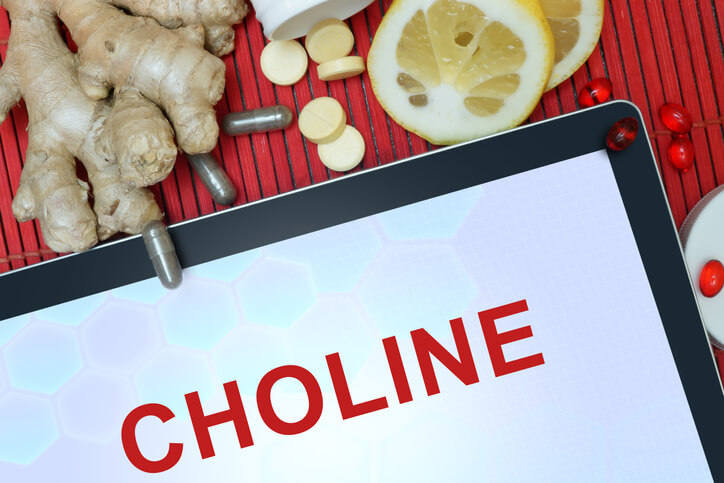Choline might be a vital nutrient, however, 20 years ago, a majority of individuals had never heard of it. At present, the scenario has changed, stated Balchem Corp., a choline supplier, at the recent SupplySide West trade show. Steered by more studies showing important advantages of choline for human health, wakefulness of the nutrient and low consumption of it is rising every year.
The Marketing and Branding Leader of Balchem, Tom Druke, stated, “The science is, in fact, steering the market.” Researches demonstrate that a sweeping role is played by choline—that is neither a mineral nor a vitamin, but instead a vitamin-like, water-soluble, nutrient—in human wellbeing, from prenatal growth and cognitive function to muscle maintenance, energy production, and liver health. Up to 90% of individuals might not be getting sufficient choline intake, states the firm.
Now, even government scientific bodies are getting cautious about the indispensable requirement for choline. In 1998, choline was entitled as a vital nutrient by the US Institute of Medicine. And the Dietary Guidelines Advisory Committee—one that examines the body of nutrition science so as to set up the 2020 Dietary Guidelines for Americans, now partly concentrates on the connection between nutrient consumption and neurocognitive status & development.
Likewise, other prominent medical groups are getting to choline spotlight, like the American Medical Association that started advising prenatal choline supplementation in 2017 and the American Academy of Pediatrics whose guidelines now entail advising choline supplementation for adult health and childhood development.
Similarly, a new study by the University of Eastern Finland researchers is foremost to examine that phosphatidylcholine’s dietary intake is linked to decreased dementia risk. Phosphatidylcholine was also associated with improved cognitive performance. The key dietary resources of phosphatidylcholine were meat and eggs. The results were issued in the American Journal of Clinical Nutrition.
